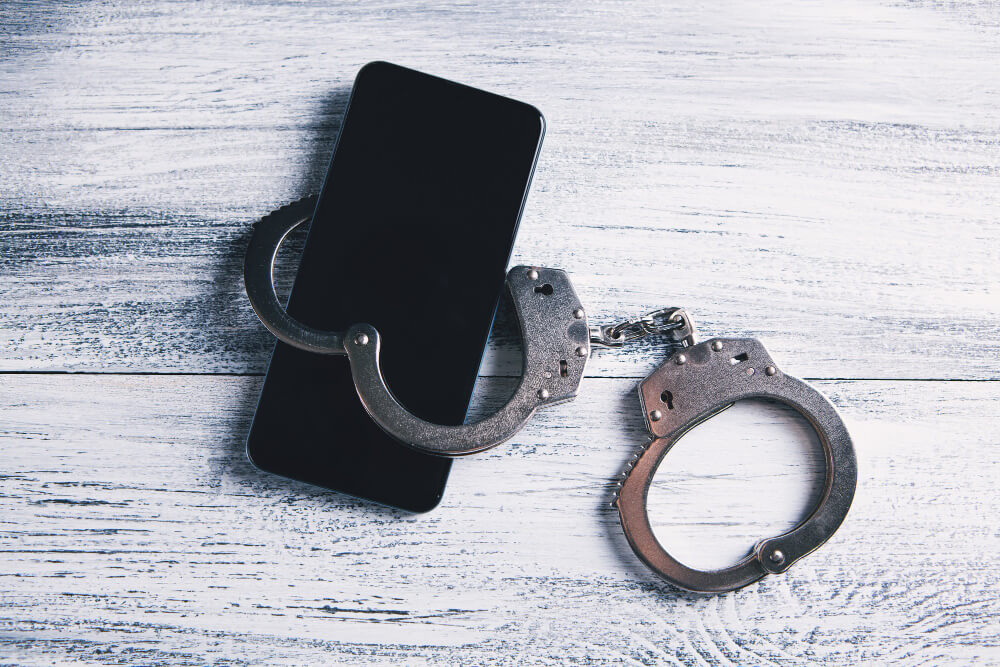Chief Justice Rabner continued in relevant part: Based on the language and structure of the relevant statutes, the State’s request for information from users’ accounts invokes heightened privacy protections.
The nearly contemporaneous acquisition of electronic communications here is the functional equivalent of wiretap surveillance and is therefore entitled to greater constitutional protection. New Jersey’s wiretap act applies in this case to safeguard individual privacy rights under the relevant statutes and the State Constitution.
The protections guaranteed by the Fourth Amendment to the United States Constitution and Article I, Paragraph 7 of the New Jersey Constitution extend to government surveillance of private conversations. The Supreme Court’s landmark opinions in Berger v. New York, 388 U.S. 41 (1967), and Katz v. United States, 389 U.S. 347 (1967), outlined principles to protect individual privacy rights regarding electronic surveillance. In response to those cases, Congress enacted the Federal Wiretap Act in 1968. 18 U.S.C. §§ 2510 to 2520. New Jersey then enacted the State Wiretap Act, modeled after federal law. Like its federal counterpart, the State Act defines “intercept” as “the aural or other acquisition of the contents of any wire, electronic or oral communication through the use of any electronic, mechanical, or other device.” N.J.S.A. 2A:156A-2(c); 18 U.S.C. § 2510(4). The law includes numerous protections, and courts strictly construe the State Wiretap Act to protect individual privacy rights. State v. Ates, 217 N.J. 253, 268 (2014).
Stored communications are governed by a different group of statutory provisions. In 1986, Congress enacted the Electronic Communications and Privacy Act (ECPA) to update privacy protections considering dramatic changes in technology. The ECPA added “electronic” communications to the definition of “intercept” in the Federal Wiretap Act. It also created what is known as the Stored Communications Act (SCA), 18 U.S.C. §§ 2701 to 2713, which focuses on electronic information in storage. New Jersey enacted similar legislation in 1993. The federal and the state stored communications statutes define “electronic communications” and “electronic storage” in nearly identical terms, but they differ in the way they discuss access to stored electronic communications maintained by service providers.
The Court’s citation to our state constitution insulates this opinion from further appeal to the United States Supreme Court. That is because the New Jersey Supreme Court is the final arbiter of our state constitution.

